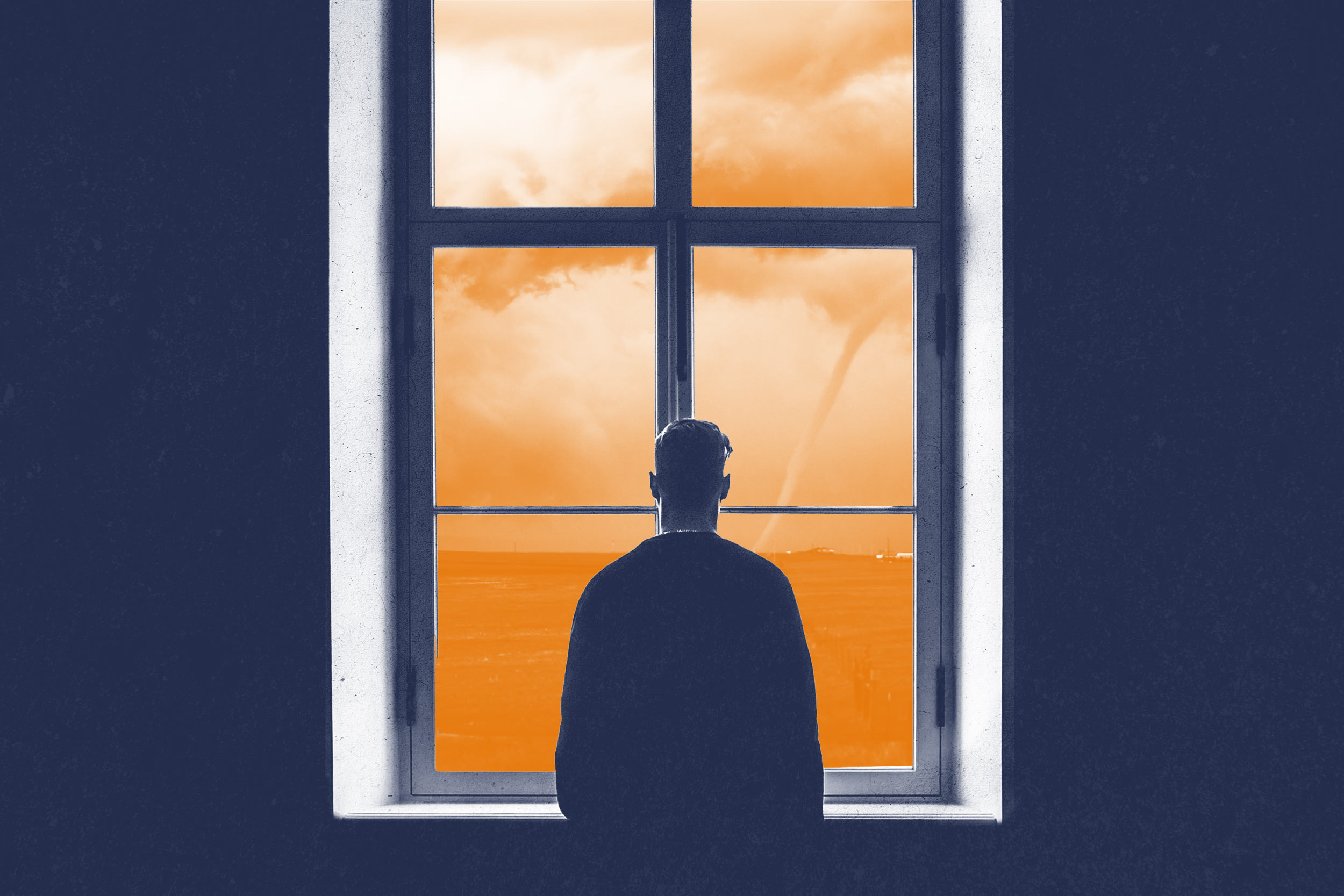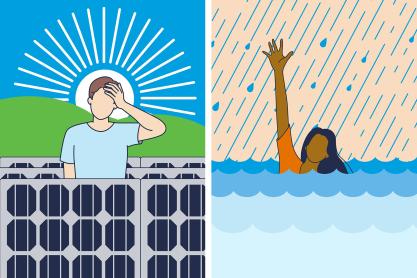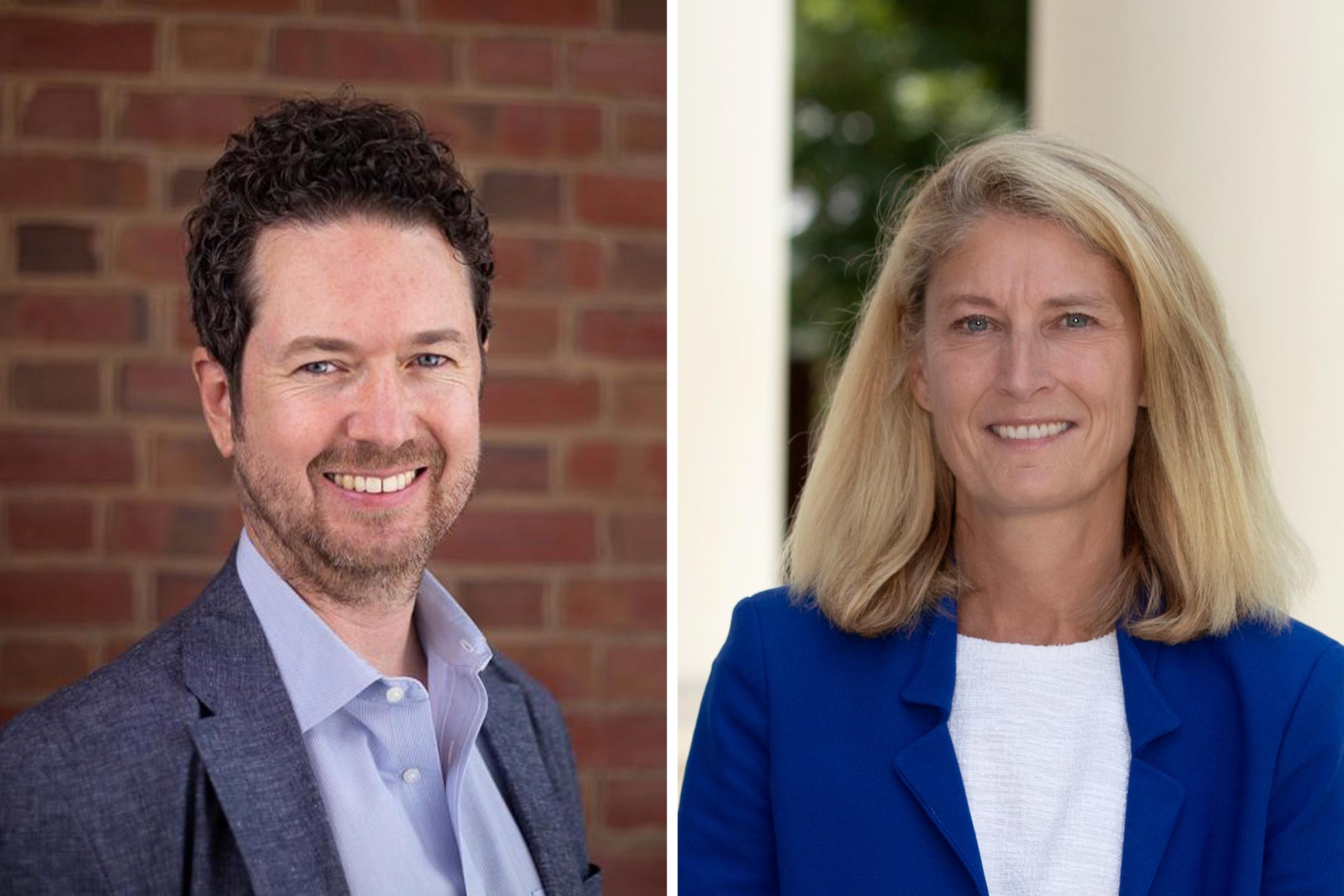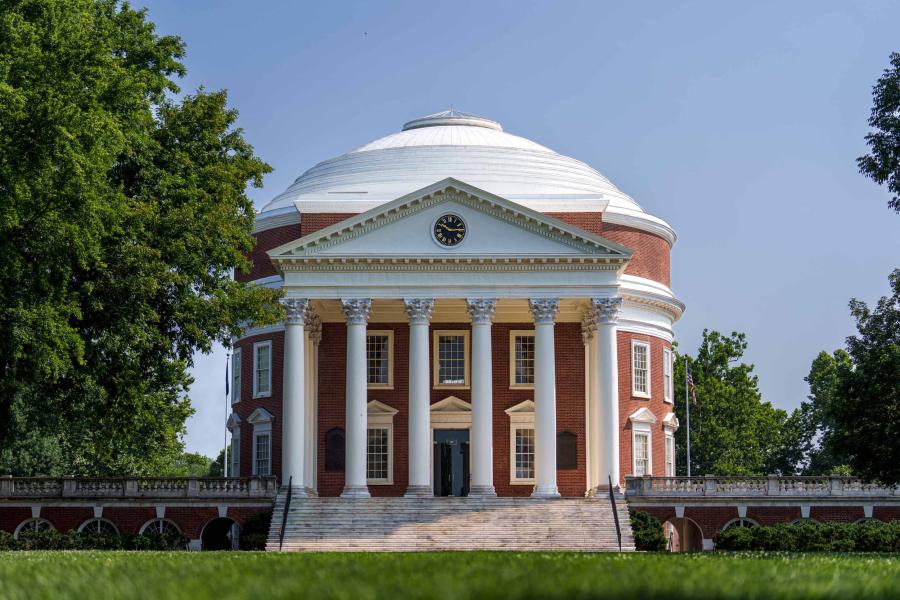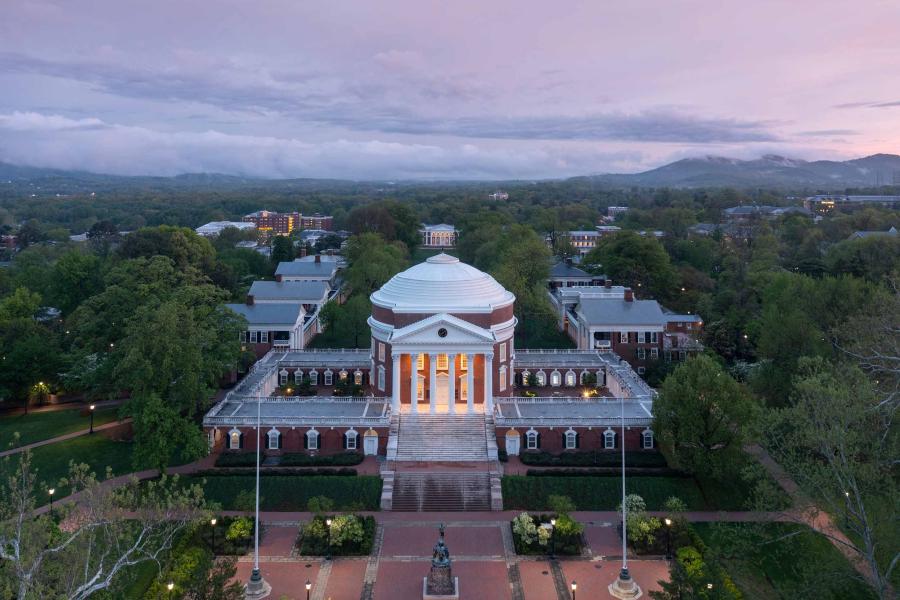Ahead of that event, UVA Today talked with Michael Sheehy, director of research at the UVA’s Contemplative Sciences Center, and Karen McGlathery, director of UVA’s Environmental Institute, to learn about what’s being done to mitigate climate change and how to manage your own anxiety.
Q. What is climate anxiety? When did it emerge as a phenomenon?
MS: It is a personal acknowledgement of the escalating planetary health crises. We are living during a moment in history when life on Earth is threatened. This is a global challenge directly impacting individual wellbeing, community resilience and multispecies futures.
Climate anxiety includes feelings of existential dread, distress and despair, emerging from the recognition that we are living on a rapidly dying planet.
Feelings of stress about the environment have mounted over the past two decades with unprecedented observable changes in the climate.
Q. Is climate change as bad as people feel like it is?
KM: Climate change is real. We know from scientists at UVA and elsewhere that the predicted effects – sea level rise, intense heat waves and storms, severe flooding in some regions and drought in others – are happening. Three-quarters of the world’s population has experienced extreme weather events made worse by climate change; it is impacting people across the globe in different ways.
Q. Are there particular groups more susceptible to climate anxiety?
MS: Climate anxiety is not limited to any single population. Traditionally underserved populations and young adults feel it most. Since college students represent the generation born over the last 20 years, there is a heightened feeling among our students about environmental doom. Many of them have grown up listening to news about hurricanes, wildfires, extreme heat and rising oceans, while living through a global pandemic. Coupled with feelings hopelessness, this can make young adults feel grief, depression and anxiety.
Q. What problems does climate anxiety lead to?
MS: The hopelessness accompanying this anxiety can lead to inaction and antipathy. Core to this anxiety is a personal disassociation and disconnection from nature.
Q. How can you manage climate anxiety if you’re suffering from it?
MS: We need to shift human perspectives and reclaim a healthy relationship with nature. Often, individuals feel that to alleviate climate anxiety, they must do something to fix the environment. Though it is imperative to revise policy and politics to effect macro-level change, what’s more manageable to make meaningful systemic change is to transform our mindsets and behaviors – the roots of anxiety.
We can learn contemplative life skills such as attentional focus, empathic responsiveness, perspective-taking and aesthetic appreciation to enhance a felt connection with nature. Adaptive responses to climate anxiety include practices of immersion in the wilderness, mindful movement through wild landscapes, deep listening to waterfalls or sky-gazing during the day or night in unpolluted skies. These are the kinds of practices we will study in Contemplative Sciences Center’s new research lab.
Q. Can the scientific community do anything to combat climate change in a way that would relieve people’s anxiety?
KM: There is already a significant body of scientific research on reducing greenhouse gas emissions, which is where we need to start. Also, our ability to predict the impacts of climate change has greatly advanced, allowing for better early warning and risk management to help communities prepare for and mitigate the impacts of climate change.
Researchers are working across disciplines, which is essential to develop actionable solutions. At the Environmental Institute, we’re supporting innovative work through interdisciplinary teams in everything from flooding of rural coastal communities to clean energy transitions. Research can predict the impacts of climate change and develop new technologies to combat it.
Q. Are there new findings about climate change that would help people with climate anxiety to know?
KM: Climate change is a global phenomenon, but the way people experience it is local. At the institute, we’re developing solutions that aren’t siloed in one discipline or approach. We can scale global models of climate change to specific communities, allowing us to design solutions more accurately. Scientists understand how important working directly with communities is to ensure research meets their lived experience.
Q. What is UVA doing to address the risks climate change poses?
KM: UVA’s Environmental Institute has an exciting new initiative partnering researchers and community members to address climate-related needs in particular places. Solutions developed by institute teams are innovative, informed and poised for long-term success within specific communities so they might thrive.
I am personally grateful to have learned from and worked with community leaders on Virginia’s Eastern Shore to propose solutions focusing on climate equity. This gives me hope for a better future.
